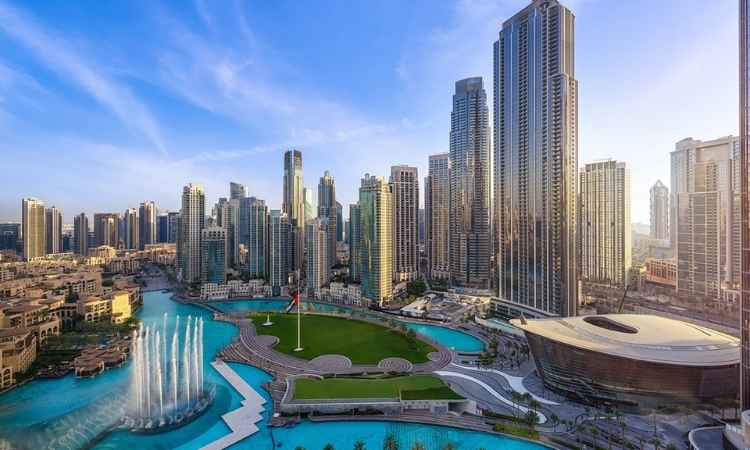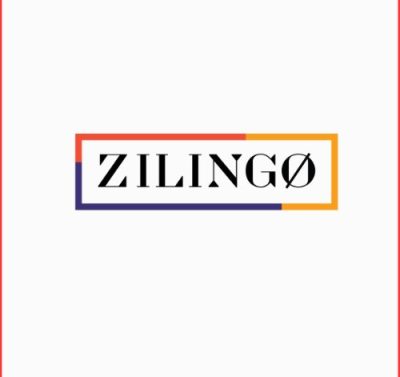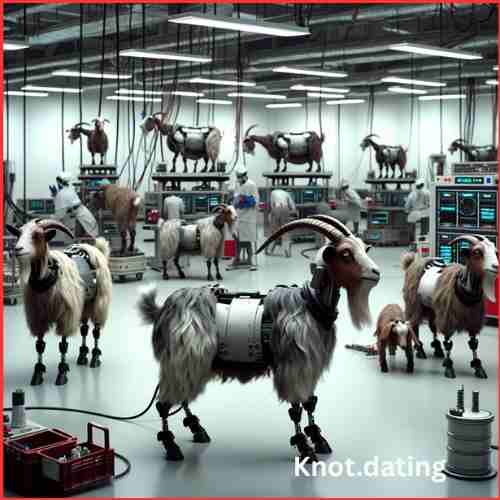
PC: Arabian Business
The latest report by Deloitte on Dubai Real Estate Predictions for 2025 presents yet another strong year across all property sectors. The Emirate has retained its position as a safe haven for investors, bolstered by a 5% increase in population, record highs in residential transactions, and growth in economic parameters.
The residential market in Dubai continued to enjoy its upward trend, selling at an average price of AED 1,597 per sq ft, up 20% in 2024. Rentals echoed this, with a registered growth of 19%, demonstrating higher performance with villas over apartments. The demand-hitting transactions reached unprecedented volumes, where 44% took place in the secondary market. Rental returns improved to 6.7%, with the largest rent increases recorded in Dubailand, Meydan, and International City. Though new supply in 2025 is going to bring some relief to prices, the momentum in the sector is likely to continue.
Dubai’s office market was somewhat resilient amidst huge global challenges. Grade A office spaces in elite locations, such as DIFC, maintained over 95% occupancy, and rents rose by 17% year-on-year. Multinational corporations find Dubai attractive due to pro-business policies and consistently high economic growth.
Retail real estate is on the rise as consumer spending increases along with the number of new residents and tourists coming to the city. Retail sales are projected to grow by 6% from 2025 to 2027. With the growth of e-commerce, the retail sector is responding by adopting hybrid strategies for digital and physical retail. This Urban Master Plan 2040 aims to expand community-based retail hubs, allowing for easier access for residents.
The hospitality sector reached other new heights, welcoming overnight stays from 18.7 million guests in 2024, an increase of 9% compared to 2023. The average hotel occupancy is around 78%, reporting an increase in RevPAR of 1%. With its appeal as a global luxury and business travel destination between new hospitality brands and tourism initiatives, Dubai keeps on supporting the demand volume for this very sector.
With growth driven by manufacturing, logistics, and e-commerce, Dubai’s industrial and logistics property market has been experiencing expansion. Rental rates in the JAFZA, Dubai South, and DIP areas have been on the higher end: warehouse rents in JAFZA, for example, saw a surge of 28% in the last twelve months. At the same time, the UAE’s import and export performance continued to gain traction; thus, the image of Dubai as a vital trade hub globally was augmented.
One might surmise that growth will continue in Dubai’s real estate sector, bolstered by dynamic government policies, ongoing infrastructure combined with foreign direct investment. It’s likely the increase in supply will stabilize some areas; put together, things seem to be looking good. Its long-term vision—articulated through the Dubai 2040 Urban Master Plan—attracts investors and residents through sustainable development, smart city initiatives, and further improvement of its transport infrastructure.
Oliver Morgan, the partner at Deloitte Middle East, underlined that investor trust, economic diversification, and urban planning contributed to Dubai’s real estate market going through a major investment phase in the Nineties. Expatriates, along with tourists and mega infrastructure projects, continue to position Dubai amongst the most proactive real estate markets in the world.















